
We asked our Executive Committee why they are involved in the work of suicide prevention and what they would encourage people to do to promote hope and help-seeking.
Our EXCOM members lead the field and provide strategic direction to advance the national-level work of the Action Alliance throughout the year. They shared these words for Suicide Prevention Month 2023.
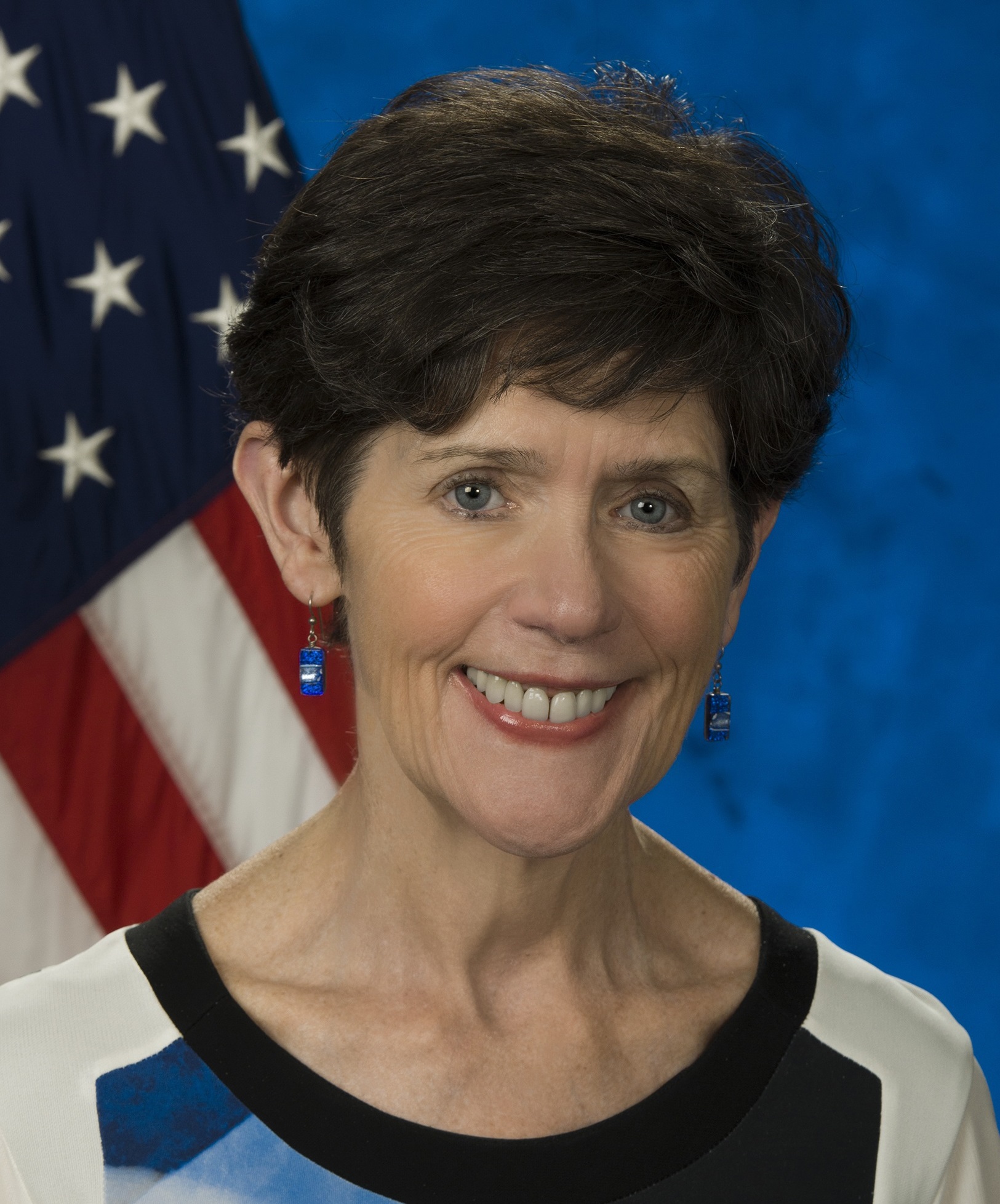
Carolyn Clancy
EXCOM Co-Chair
Assistant Under Secretary for Health, Discovery, Education and Affiliate Networks (DEAN), Department of Veterans Affairs
Only by working together can we strengthen messages of hope, connectedness, and resilience, and change the national narrative about suicide prevention. Every voice counts when it comes to reaching and supporting those around us – especially our service members, veterans, and their families.
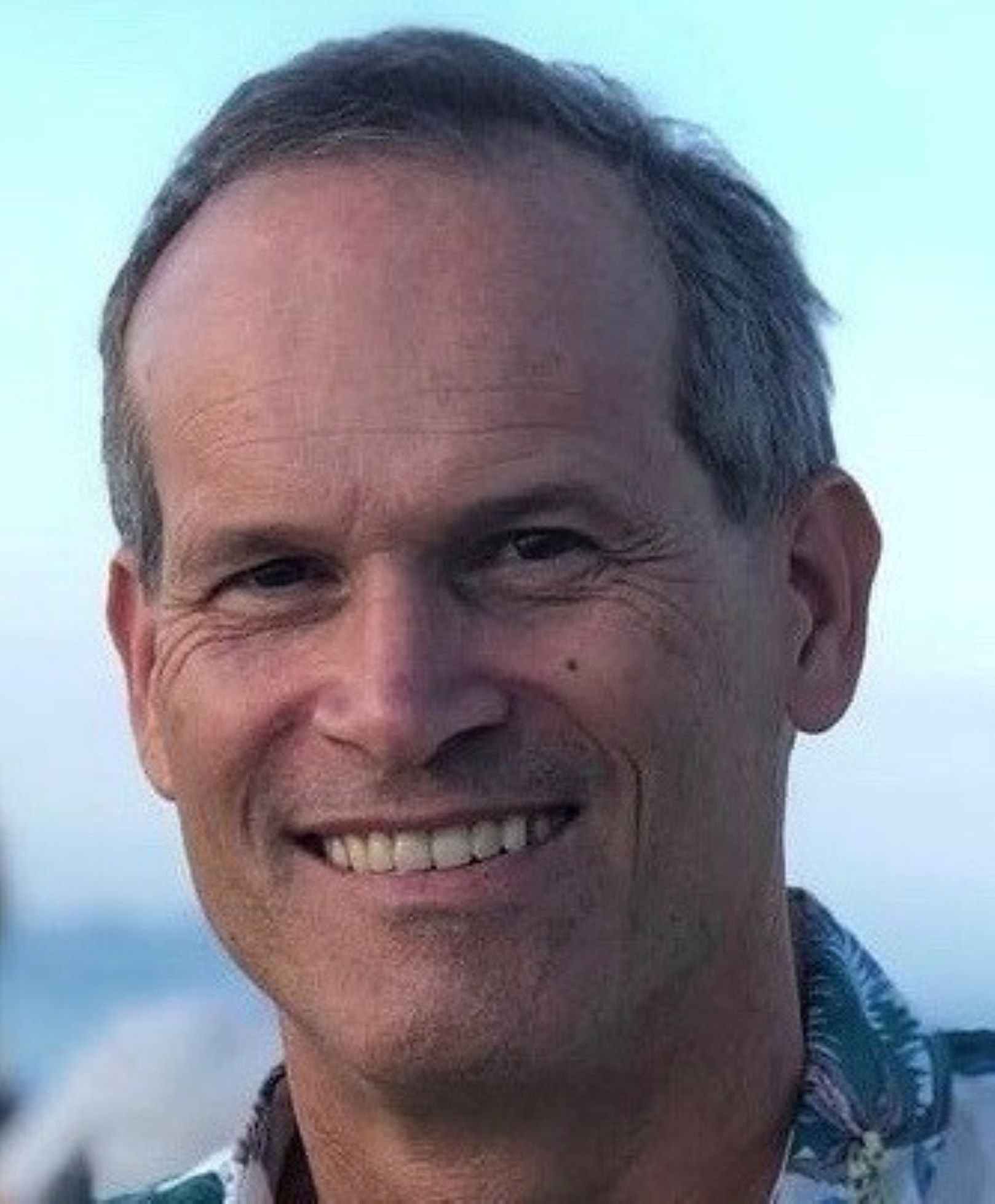
Craig Kramer
EXCOM Co-Chair
Co-Chair, National Action Allice for Suicide Prevention
A suicide is a terrible tragedy, and the Action Alliance is the one organization that brings together all the pieces of the puzzle to give us a fighting chance to not only reduce, but even predict and prevent, suicide. My family, like most, has experienced suicidality, and through the Action Alliance, we’re able to help other families and communities avoid having to go through what we’ve gone through.
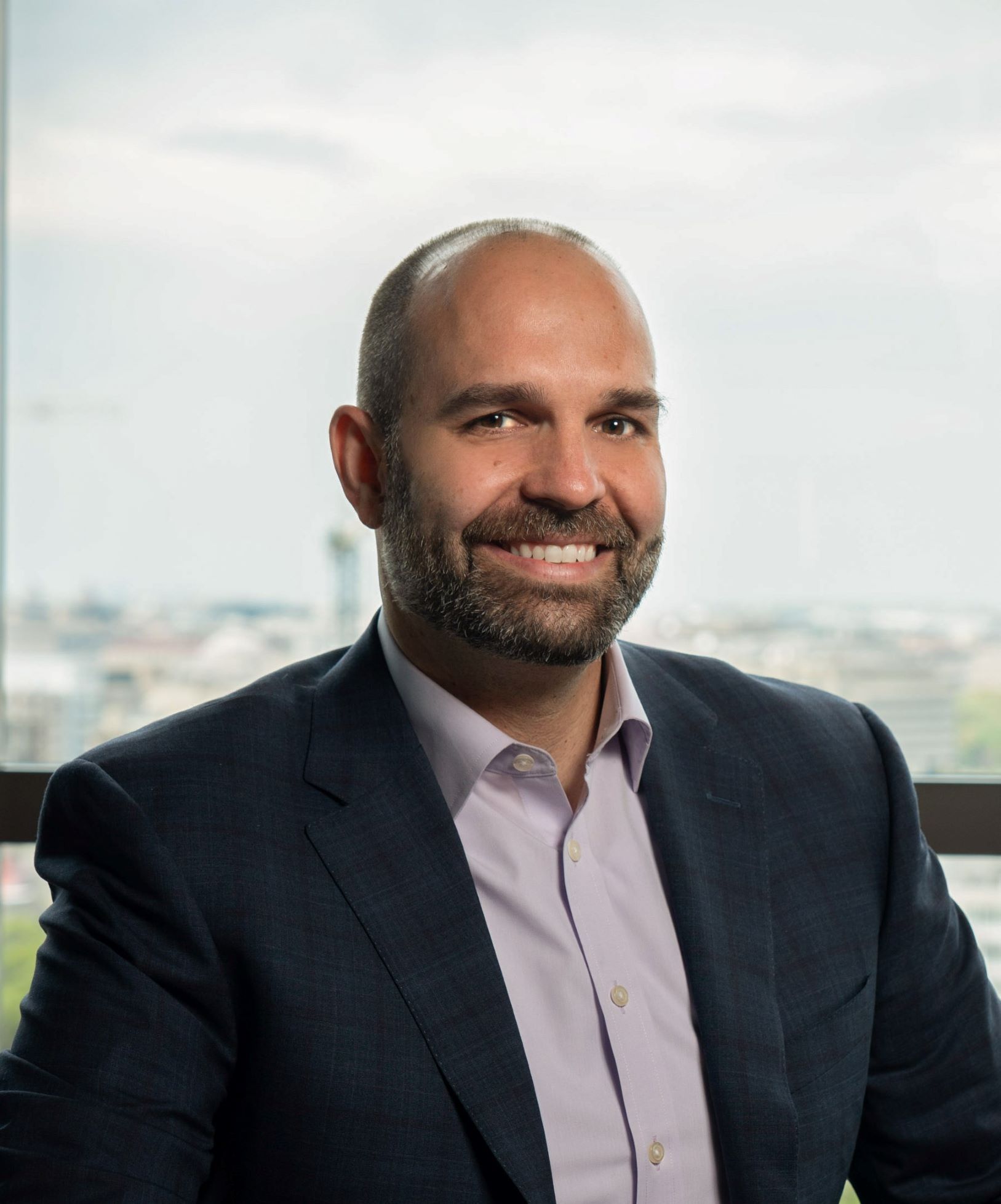
Curtis LeGeyt
EXCOM Member
President and CEO, National Association of Broadcasters
I’m involved in the work of suicide prevention because by partnering with the Action Alliance, I’m proud to reinforce broadcasters’ work to connect communities with vital mental health resources.
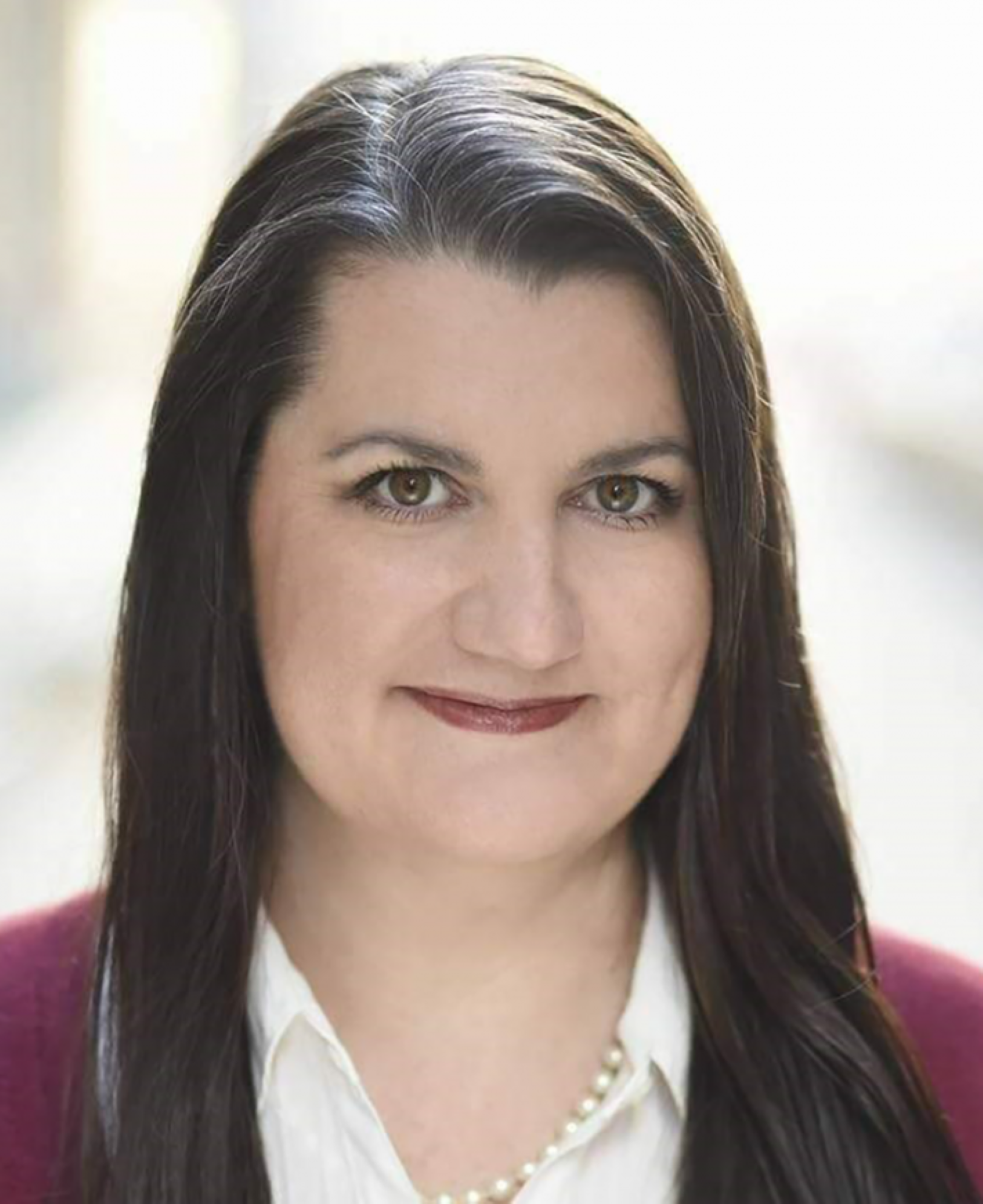
Shelby Rowe
EXCOM Member
Executive Director, Suicide Prevention Resource Center
As the Executive Director of SPRC, the nation’s only federally supported resource center devoted to advancing the implementation of the National Strategy for Suicide Prevention, I’m involved with the EXCOM because it allows me to collaborate with and learn from my partners in the field of suicide prevention. The EXCOM assembles some of the brightest and most passionate suicide prevention professionals and advocates in the nation and unites us around a shared mission. This Suicide Prevention Month and beyond, join us in our mission to save lives by spreading the word about 988 and the #BeThe1To campaign.
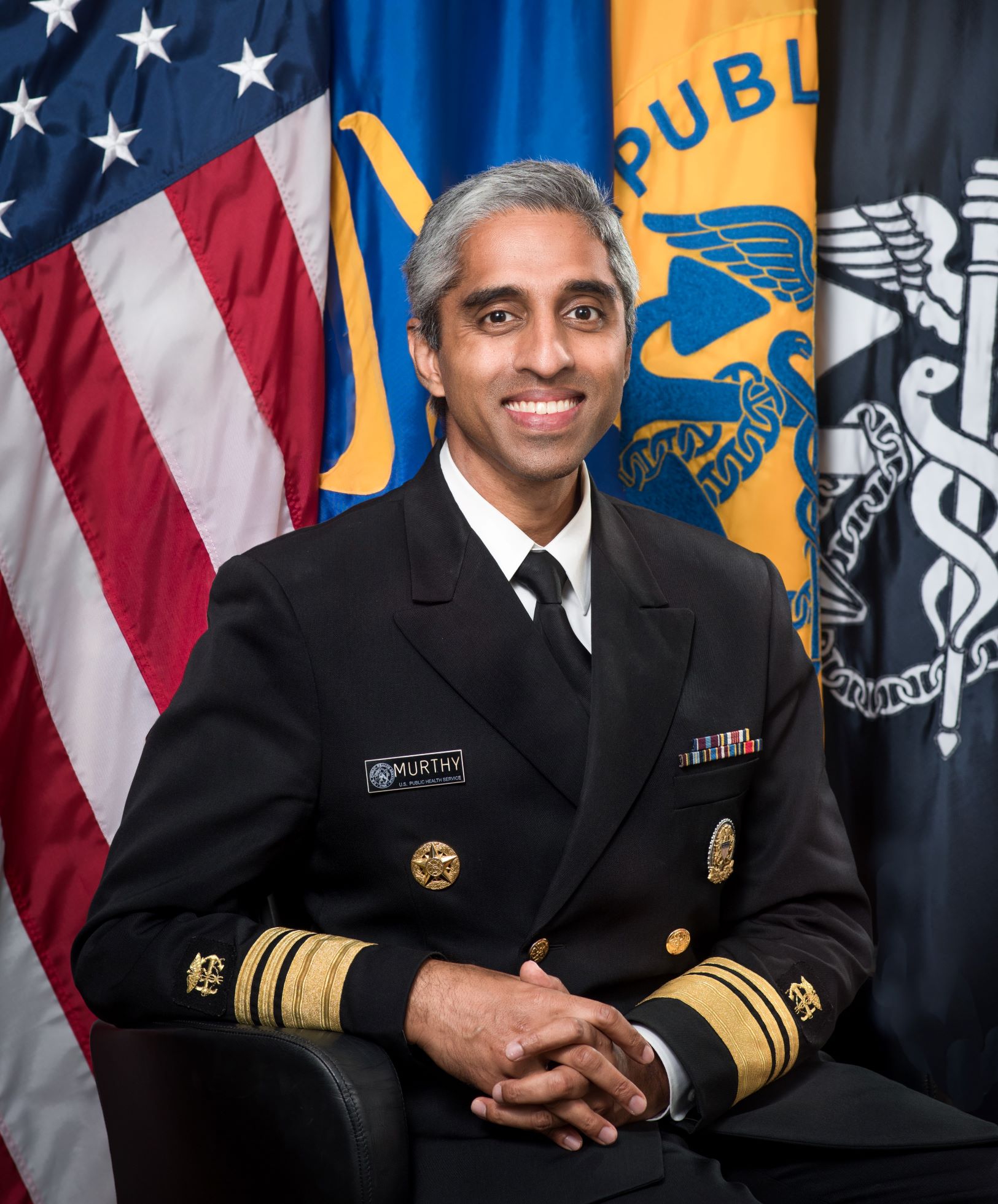
Vivek Murthy, MD, MBA
EXCOM Member
Surgeon General, Department of Health and Human Services Office of the Secretary
I hope that we start building a culture that normalizes the process of talking about mental health, seeking and receiving help, and one that rests on core values of kindness, respect, service, and commitment to one another. We can do it by reaching out to people in our lives who are having a hard time to offer our support, by letting people know that they are not alone in their struggles and that help is available, and by sharing our own stories and struggles with mental health recognizing there is great power in our authenticity and vulnerability.
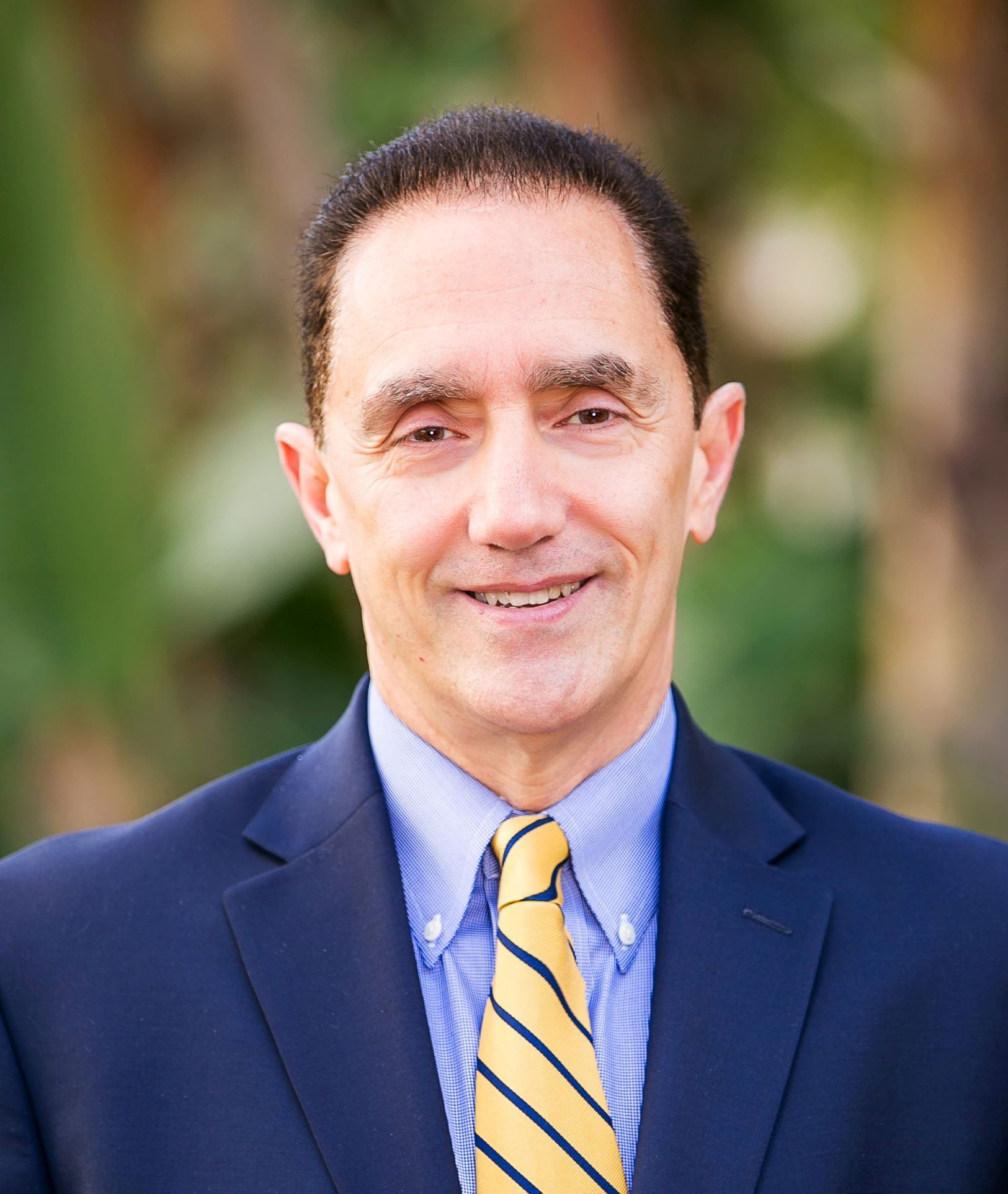
Robert Gebbia
EXCOM Member
Representative, National Council for Suicide Prevention Chief Executive Officer, American Foundation for Suicide Prevention
At the American Foundation for Suicide Prevention, saving lives and bringing hope to those affected by suicide is our mission. And we believe preventing suicide requires investing in research, creating greater awareness and understanding through education, and advancing policies and legislation through advocacy. Acting alone, we can't make as much progress as we can by working in partnership with others. This is why I'm involved as an EXCOM member. The National Action Alliance adds value—by convening public and private sector leaders that play a role in suicide prevention, by serving as a catalyst for unified action, and by helping to coordinate our collective efforts. Promoting hope starts with talking more openly about mental health in our families and communities, and by normalizing the fact that mental health is a part of our overall health. Elevating the conversation helps to break down the barriers to help-seeking and can lead to connecting those struggling with support and resources. We also know that when people see and hear from others who face mental health challenges and understand how they are working through them, it inspires hope. I believe that the more we deepen the public's understanding of mental health and how to help prevent suicide - the more lives we will save. This gives us hope - hope for a day when no one will die by suicide.
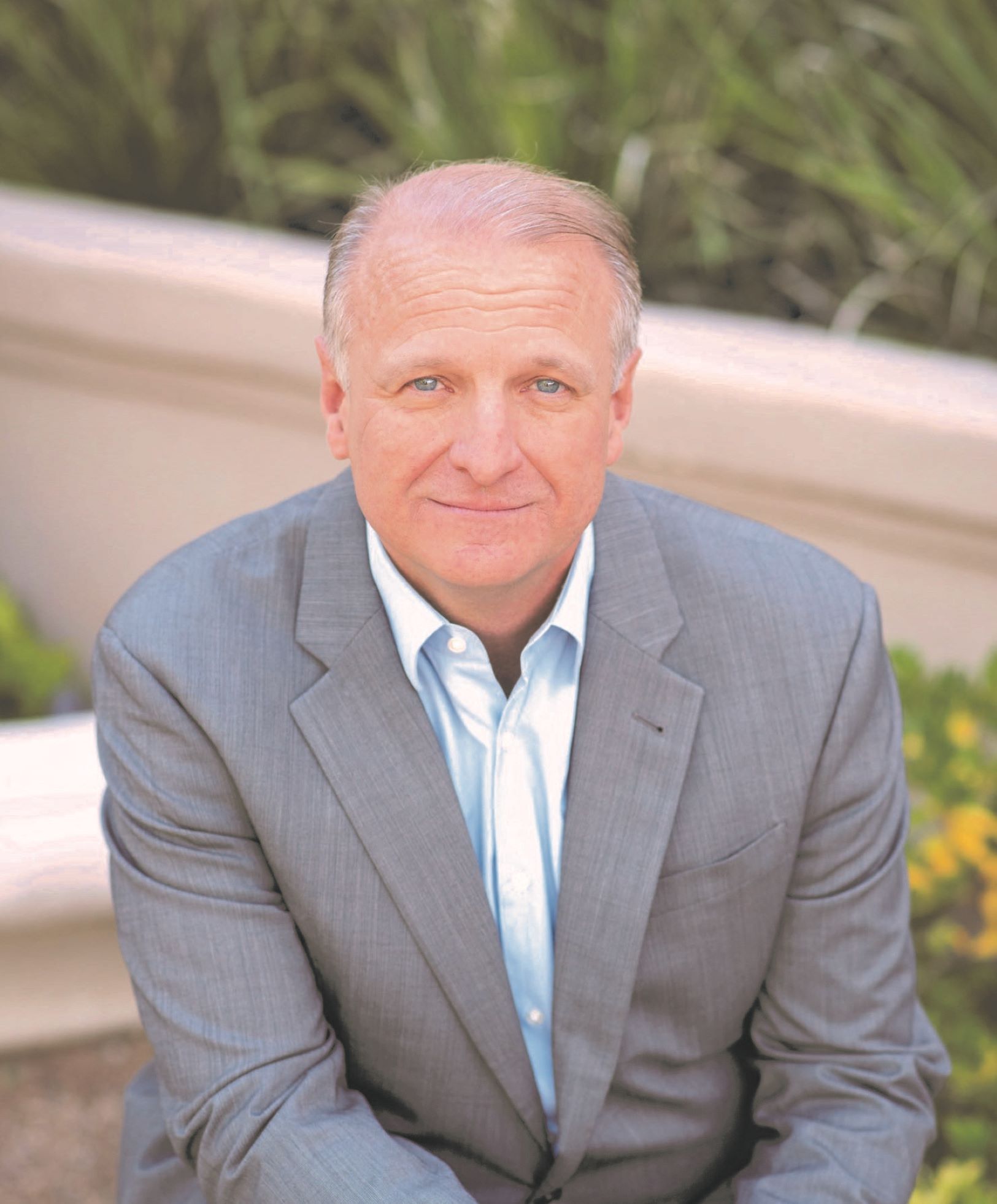
Brian J. Boon, PhD
EXCOM Member
President and CEO, Commission on Accreditation of Rehabilitation Facilities
The Commission on Accreditation of Rehabilitation Facilities (CARF)’s accreditation reach to 65,000 provider programs creates systemic vigilance for those persons at risk for suicide, and CARF can influence workforce preparedness and competency to prevent suicide. As a moral imperative, CARF supports the mission of the National Action Alliance for Suicide Prevention. Mainstreaming mental health conversations and integrating concepts of well-being as congruent with physical health on all communication platforms helps to demystify and destigmatize the many challenges to wellness. This is a necessary precondition to harnessing society’s resources to bend the curve on suicide rates, through system enabled recognition and response.
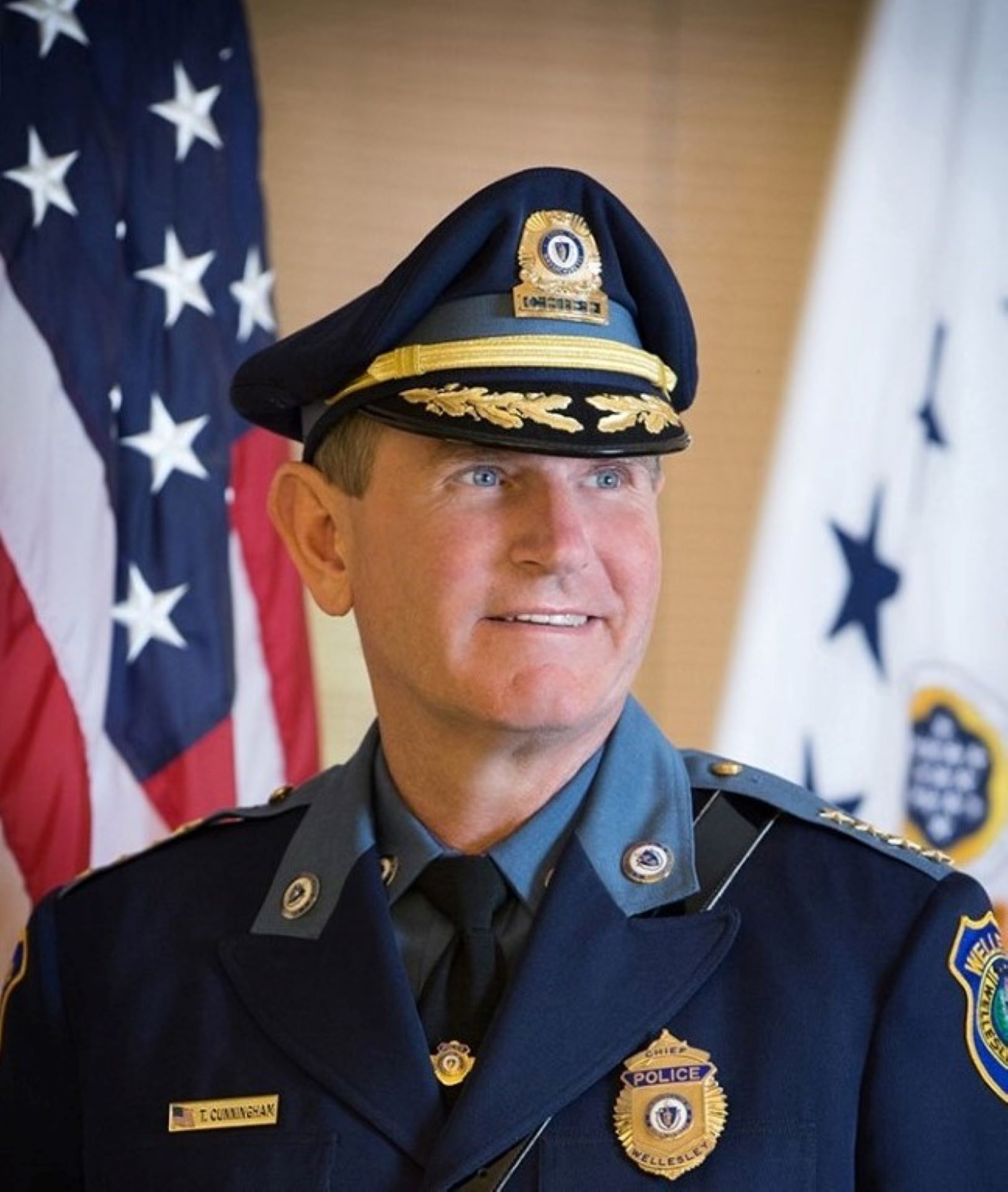
Terrence M. Cunningham
EXCOM Meeting
Deputy Executive Director and Chief Operating Officer, International Association of Chiefs of Police
I am involved in the work of suicide prevention because we have lost too many officers and first responders to suicide. Throughout my law enforcement career, I have seen the global impact of suicide on officers, agencies, families, and communities. The IACP and its National Consortium on Preventing Law Enforcement Suicide are committed to ensuring better mental wellness services and outcomes for those who serve and protect our communities. Being an EXCOM member allows IACP to explore solutions from a broader, multidisciplinary lens to develop suicide prevention, intervention, and postvention resources that are appropriate for public safety professionals, while respecting the unique circumstances and concerns of individual agencies.
“At IACP we want to help build and invest in internal suicide prevention champions at every level of the policing profession. By encouraging officers and professional staff to share their own personal stories of how they received help and remained productive, successful, professionals, we can inspire others to seek help. We also want to emphasize the need for Chief-to-Chief mentorship, accountability, and support, by ensuring that messaging and resources exist for department leaders to have appropriate support for their own struggles.” Source: The National Consortium on Preventing Law Enforcement Suicide 2023: Report and Recommendations.
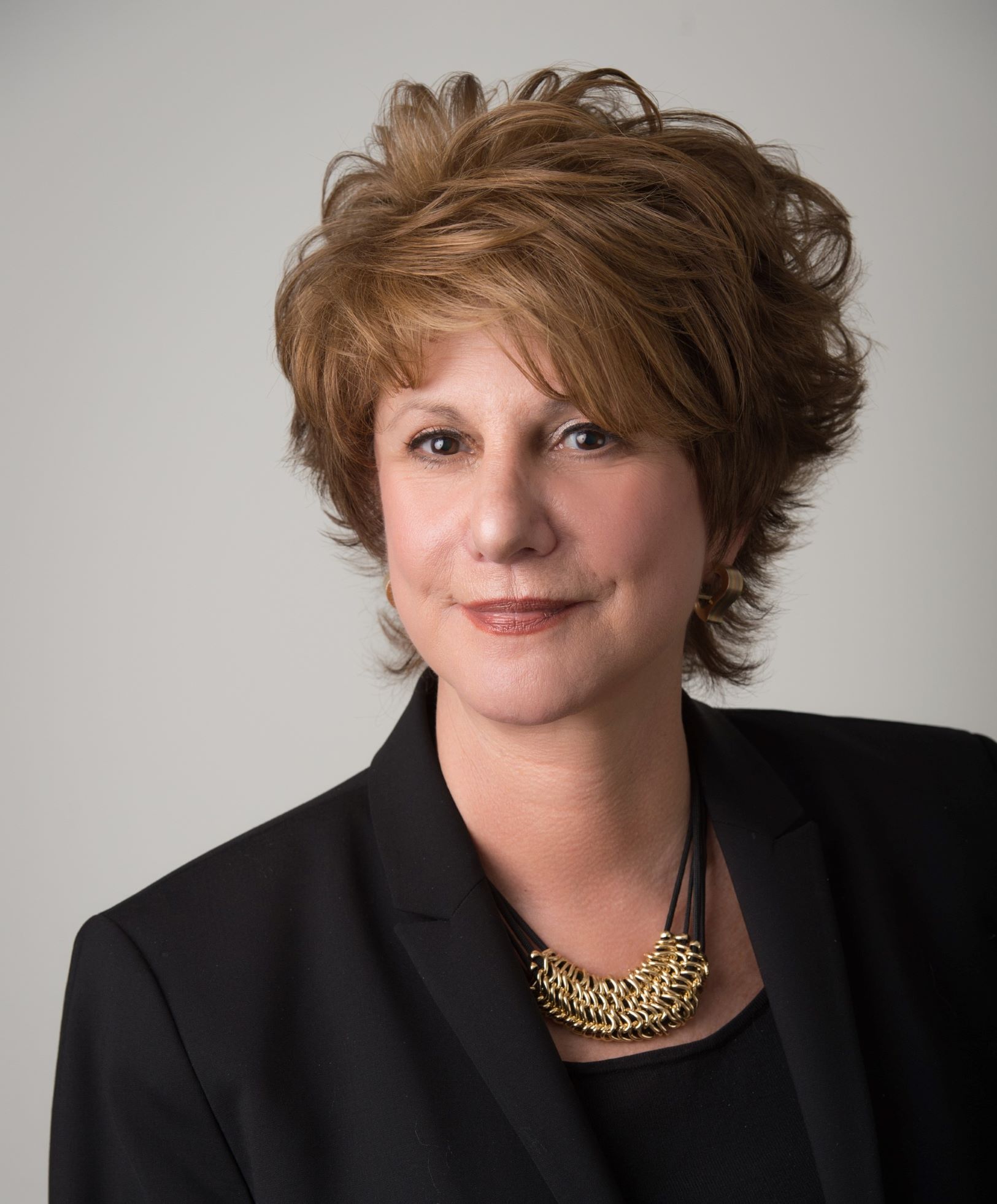
Linda Rosenberg, MSW
EXCOM Member
Director of External Relations, Department of Psychiatry, Columbia University
As an EXCOM member actively engaged in suicide prevention, I’m driven by an unwavering commitment to making a meaningful difference in the lives of those who may be struggling and in need of hope and support. Suicide has a profound impact on individuals, families, and communities and through the collaborative work of EXCOM, we can address the complex factors that contribute to suicide, paving the way for a society that embraces compassion, understanding, and effective interventions.
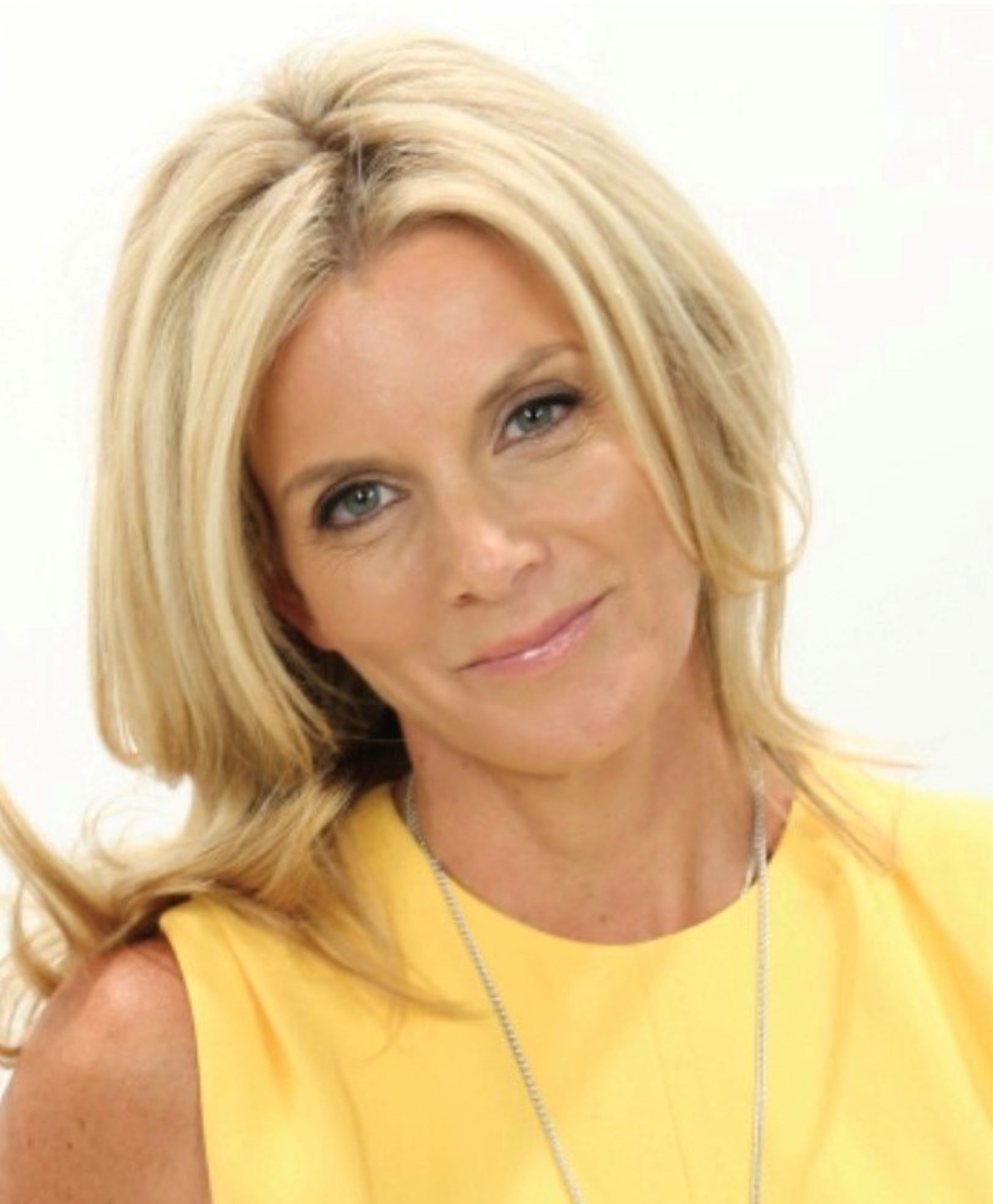
Karen Moyer
EXCOM Member
Co-founder, Eluna
I was first asked to be on the Action Alliance for the work of my national grief camps that serve kids who grieve the loss of loved ones, including death by suicide. In this last decade of my involvement with the Action Alliance, my passion for the cause of suicide prevention has only been enhanced with work at my foundation, Eluna Network, to my latest project, Golden Minds, supporting student athletes’ mental health. This project was inspired by too many deaths by suicide of student athletes. I never want anyone, especially 18–24-year-olds, to think life is better without them. I am grateful for the relationships and like-minded people on the Action Alliance and their efforts to make a difference. There is much more to do!
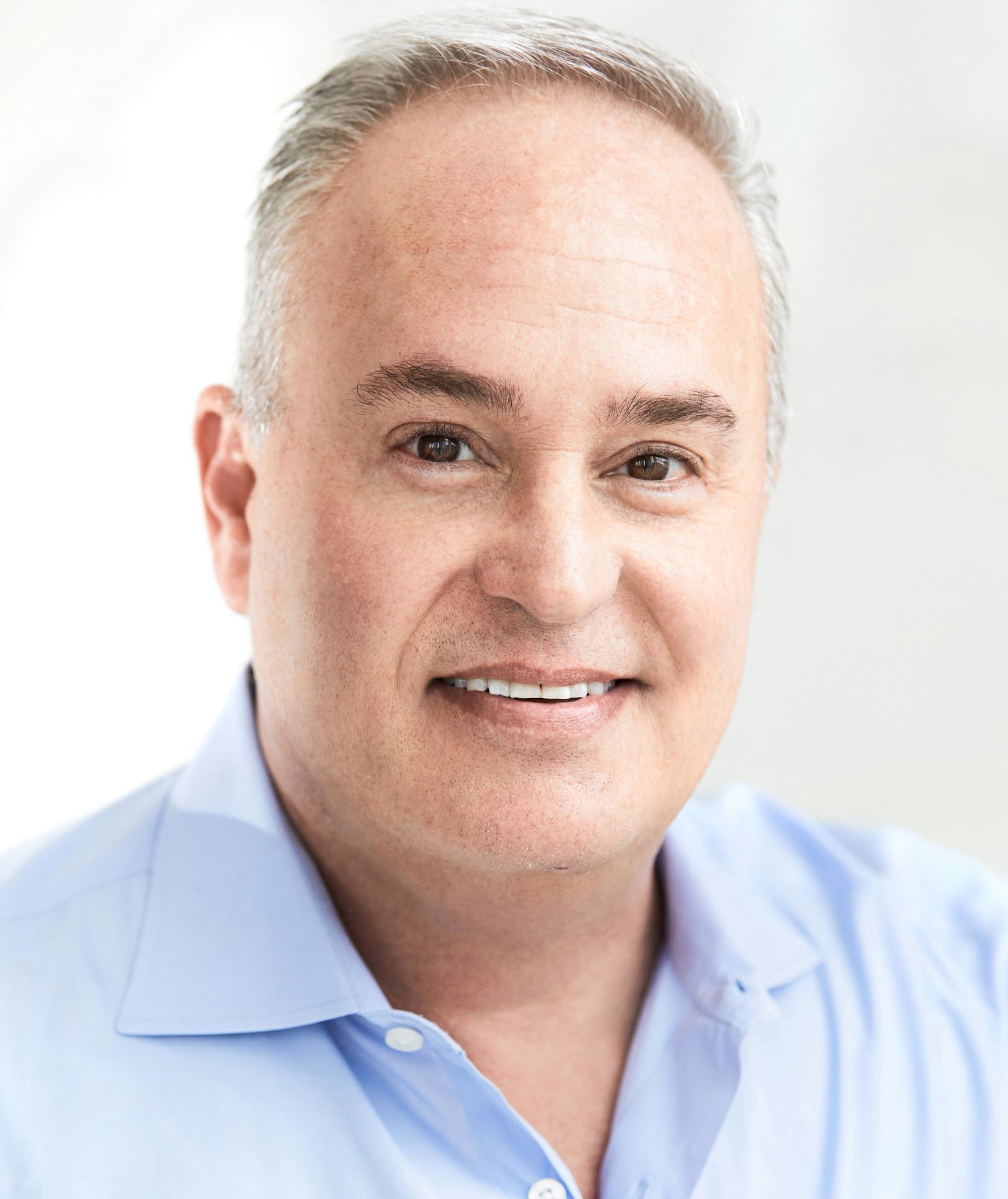
Seth Kursman
EXCOM Member
Vice President, Corporate Communications, Sustainability & Government Affairs, Resolute Forest Products
Supporting suicide prevention couldn’t be more personal for me. I’m fortunate to have a means to channel my loss, and in doing so, serve the needs of others.
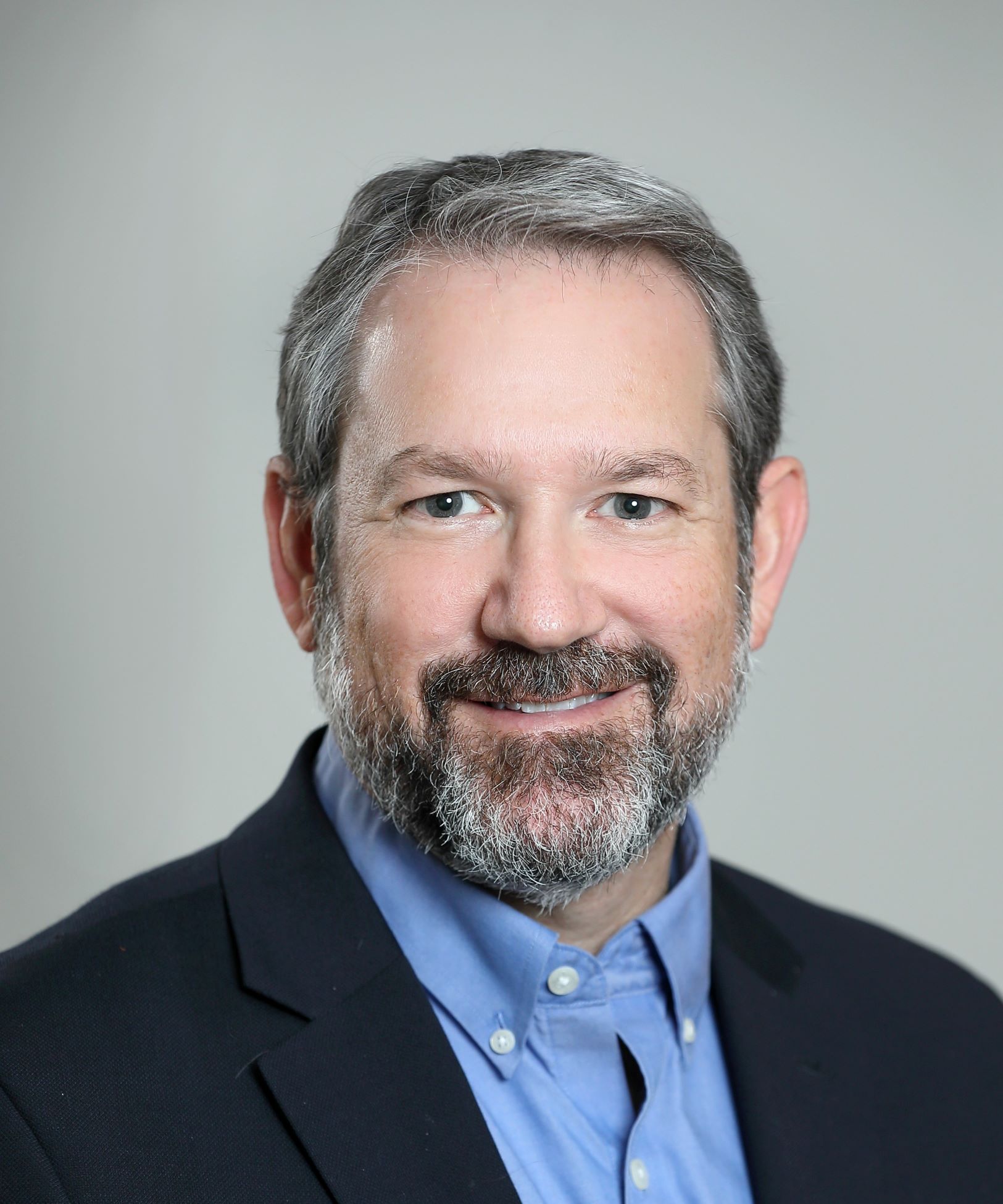
Joshua A. Gordon, MD, PhD
EXCOM Member
Director, National Institute of Mental Health
As more evidence-based interventions are being used in practice, we have increasing hope for better prevention of, and treatment for, suicide risk.
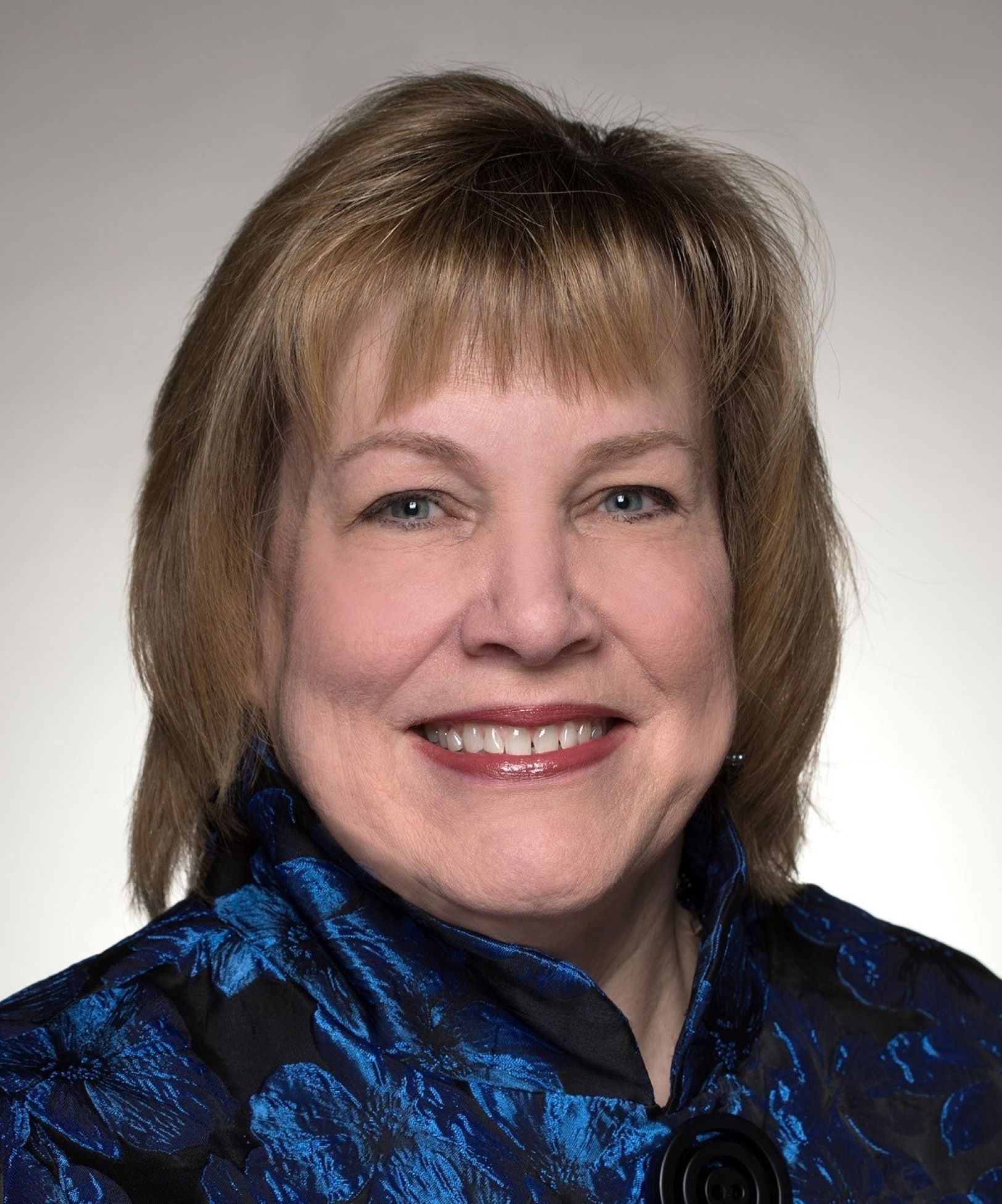
Karen Johnson
EXCOM Member
Senior Vice President, Chief Clinical Officer, Behavioral Health Division, Universal Health Services
As a healthcare leader, specifically in the areas of behavioral health, it is incumbent that we continue the conversation to transform healthcare in general to support the full continuum of services needed from crisis response to inpatient care. All are necessary components to those who are in despair. I am committed to the further development and enhancement of the utilization of 988 for those in crisis for both suicide risk and mental health risk. I am confident that the conversations and openness around mental health that began as a result of COVID continues and provides the necessary hope for others that total health must include both physical and mental health on equal footing.
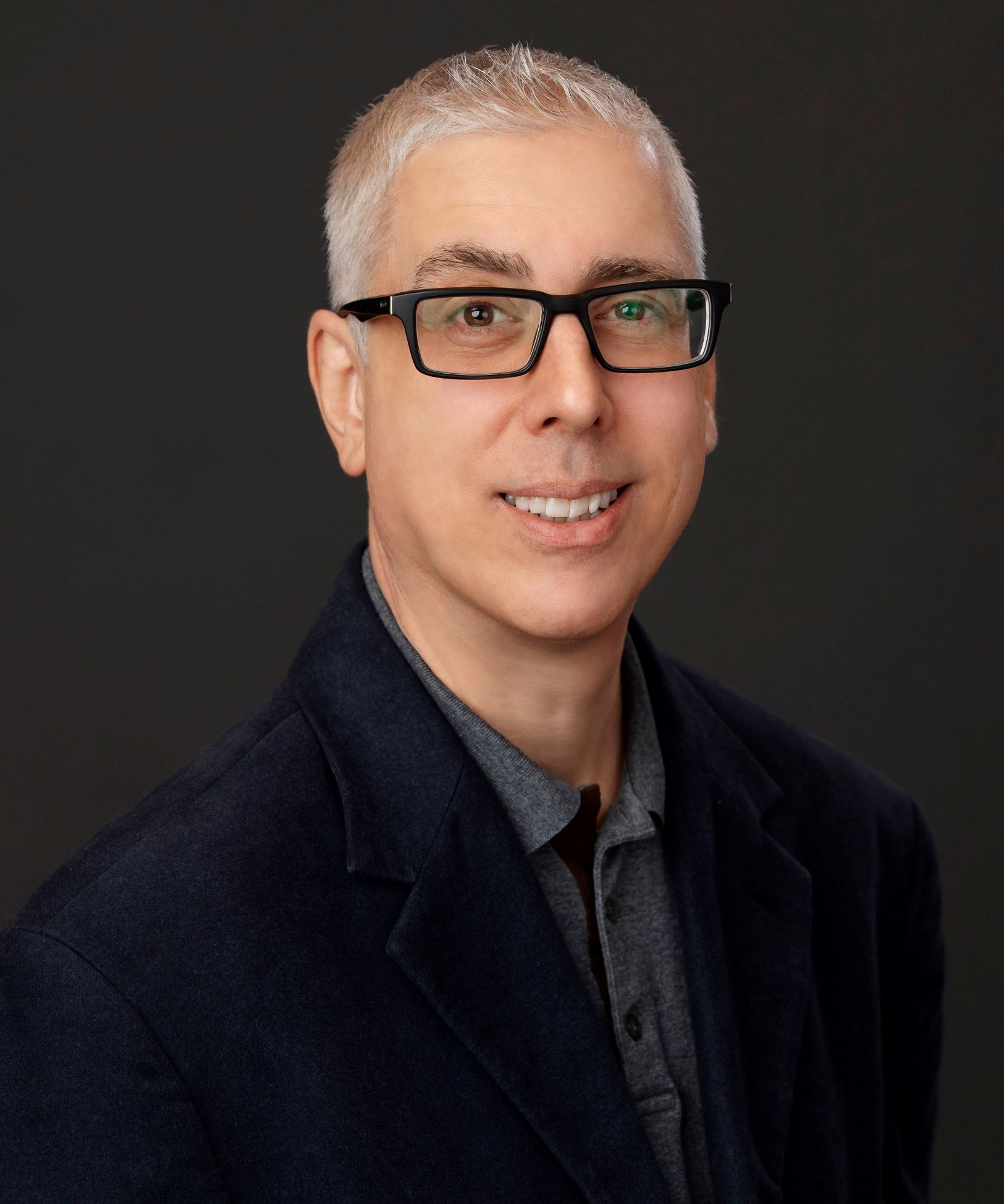
Charles Lattarulo, PhD
EXCOM Member
Global Director, Healthy Minds, American Express
After experiencing a suicide loss, I learned that so many people are impacted by suicide, yet they don’t talk about it, often struggling in silence. It’s my hope that more people will share their experiences with suicide with those who can help. This is so important to us at American Express because we want to ensure our colleagues and their loved ones know they’re not alone and help is available.
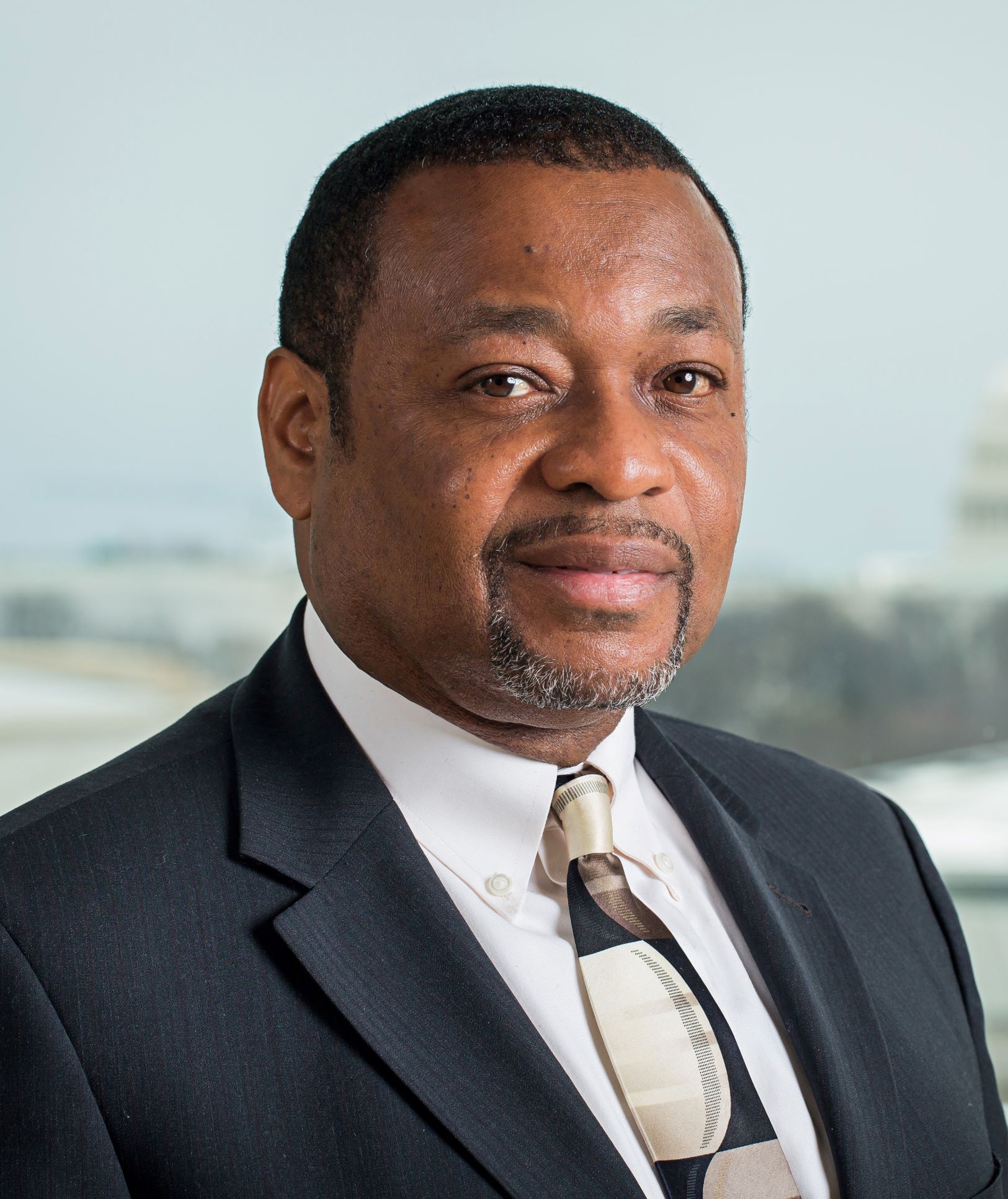
Arthur Evans, Jr., PhD
EXCOM Member
Chief Executive Officer and Executive Vice President, American Psychological Association
Suicide is a public health crisis where our goal should be no less than zero suicides. The U.S. has the highest rates of suicide attempts among all developed nations. The U.S. could be a leader in the use of science-based approaches to significantly reduce emotional distress among children, adolescents, and adults. With over half the population experiencing a diagnoseable mental health condition in their lifetimes, and 1 in 5 women experiencing a major depressive episode by the age of 25, it is time for us all to more openly discuss mental health challenges and normalize discussions about our psychological health. There is a good chance that we, or someone we care about, may consider thoughts of self-harm or suicide and we should help people feel safe asking for help when that happens.
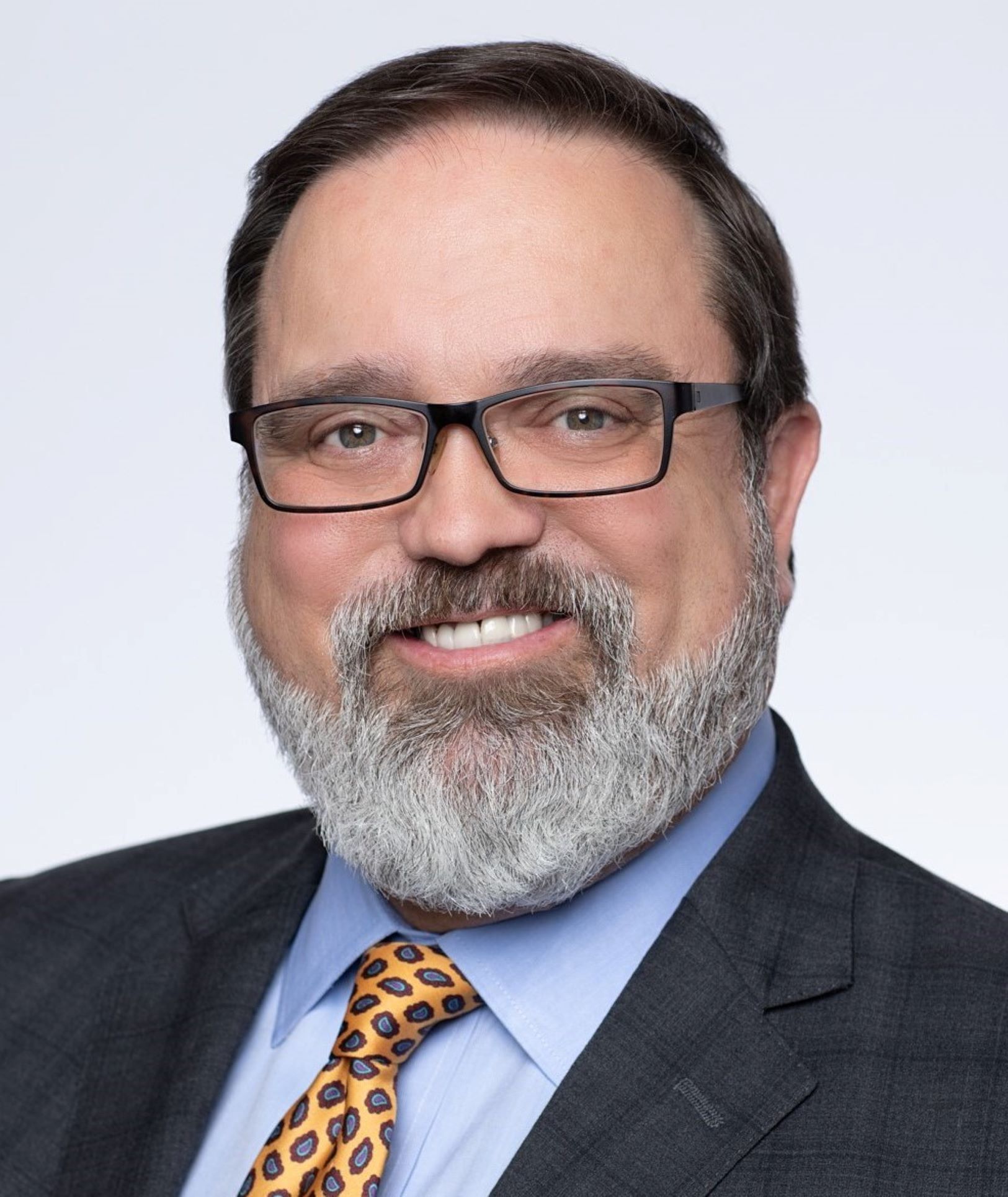
Andrew Bertagnolli, PhD
EXCOM Member
Director of Virtual Behavioral Health Services, One Medical
I am involved in the work of suicide prevention because I want to be part of the solution. Suicide prevention is a complex issue. The Action Alliance EXCOM facilitates individuals, communities, healthcare professionals, and policymakers working together. We all have a role to play. Openly discussing suicide, encouraging healthy coping behaviors, promoting self-care practices, and fostering resilience creates a supportive environment that promotes mental health and wellbeing.
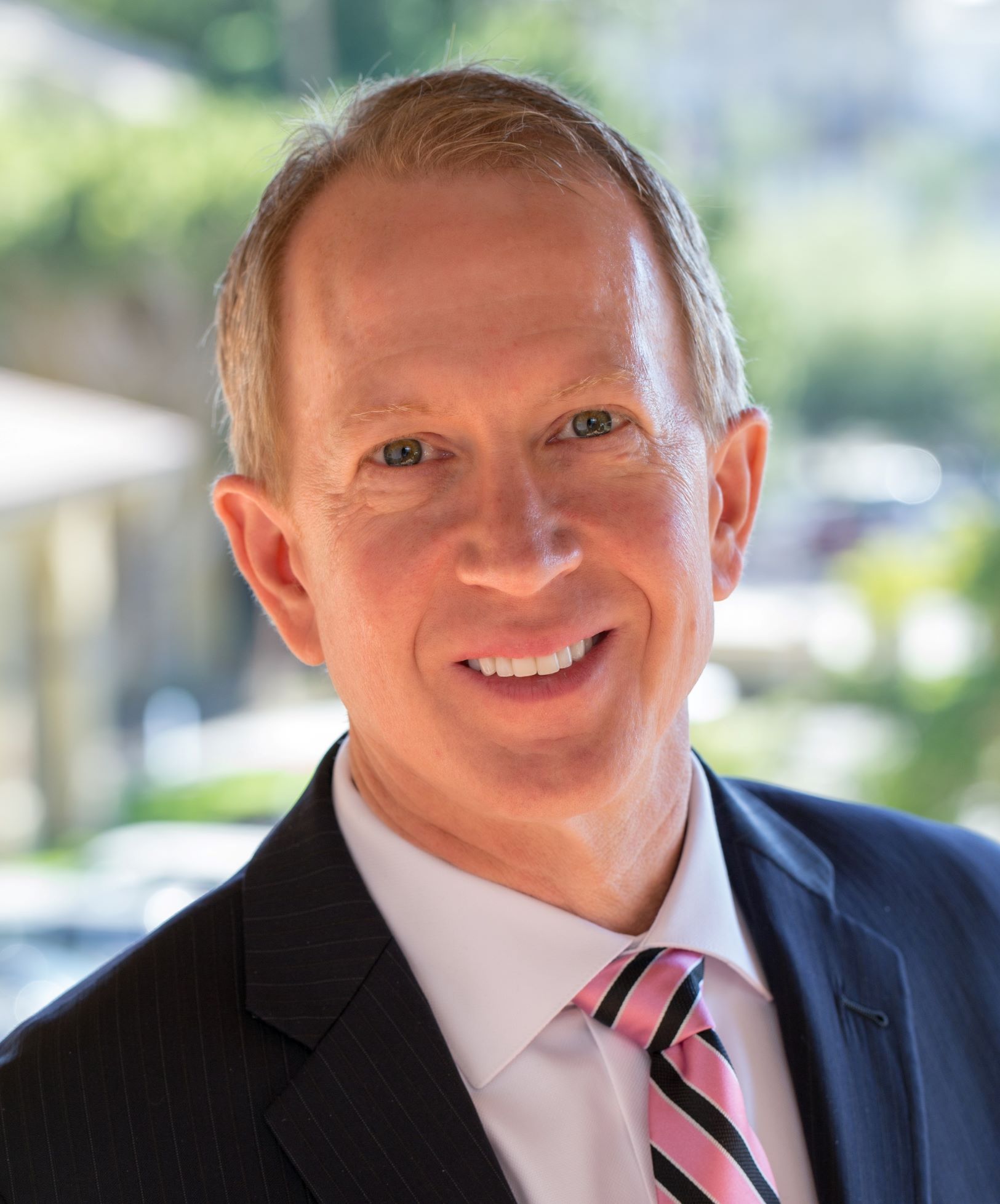
David Covington, LPC, MBA
EXCOM Member
Chief Executive Officer & President, RI International, Inc.
I hope people will help get the word out about the new 988 Suicide & Crisis Lifeline, and help us push for a full emergency behavioral health response system, with someone to call, someone to come, and a safe place to go in every community.
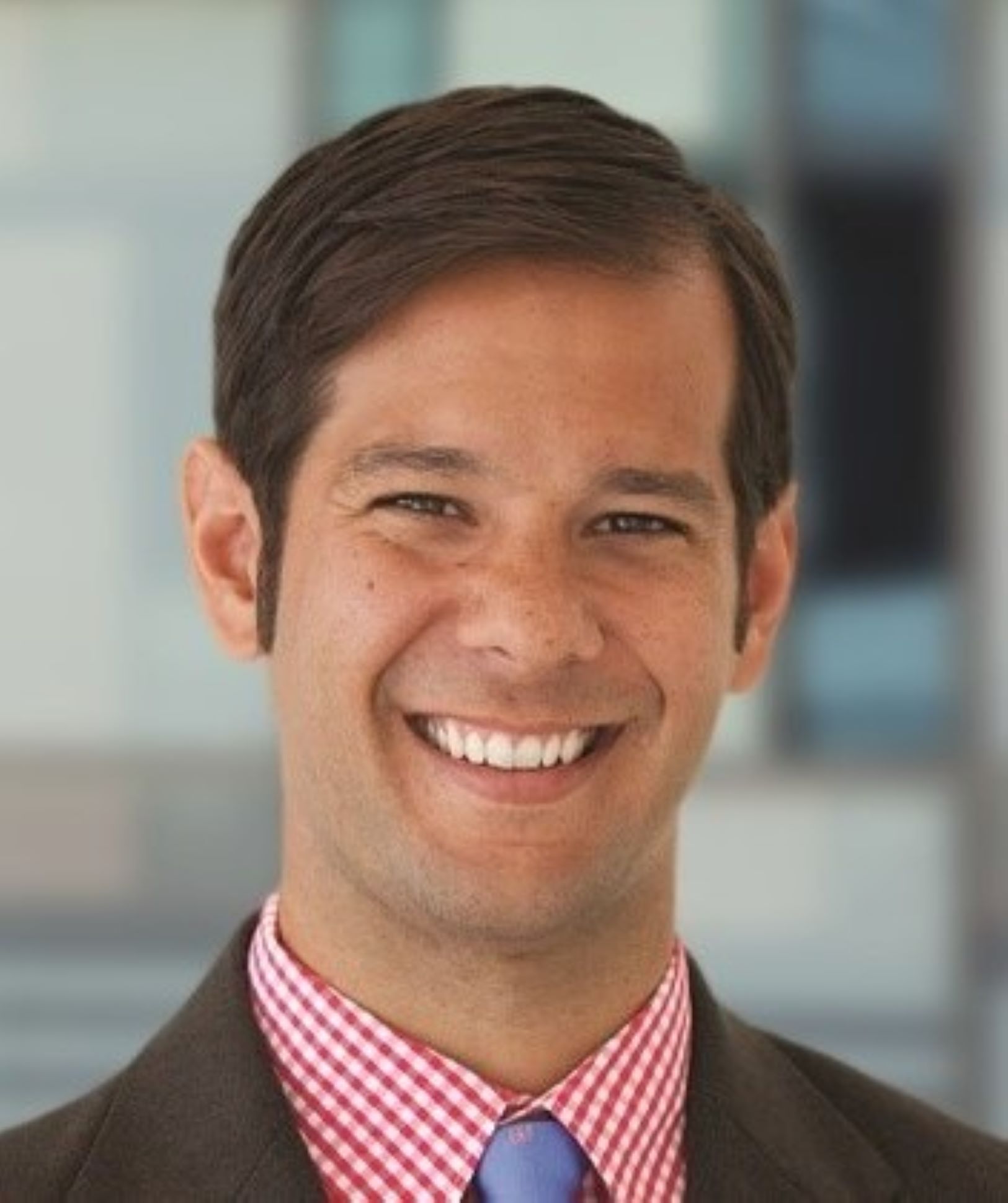
Rajeev Ramchand, PhD
EXCOM Member
Senior Behavioral Scientist, RAND Corporation
I am involved in the work of suicide prevention because I believe that preventing suicide requires a multi-pronged approach, but underlying these approaches should be data and research. As an epidemiologist, I bring my knowledge of data on suicide and related behaviors to help ensure that our efforts are inclusive of all populations in need, guided by evidence, and where there are gaps in data and evidence, that we advocate that those gaps be filled. I’ve been excited to see the expanse of the suicide prevention field – national efforts are occurring online and in-person, across healthcare settings from primary care to mental health to emergency departments, and have begun to reach our schools, workplaces, religious institutions, and beyond. I’m encouraged that those in need can find support in so many places, and that these places are working hard to ensure that the support they offer is rooted in science, and the best quality of care available in their setting.
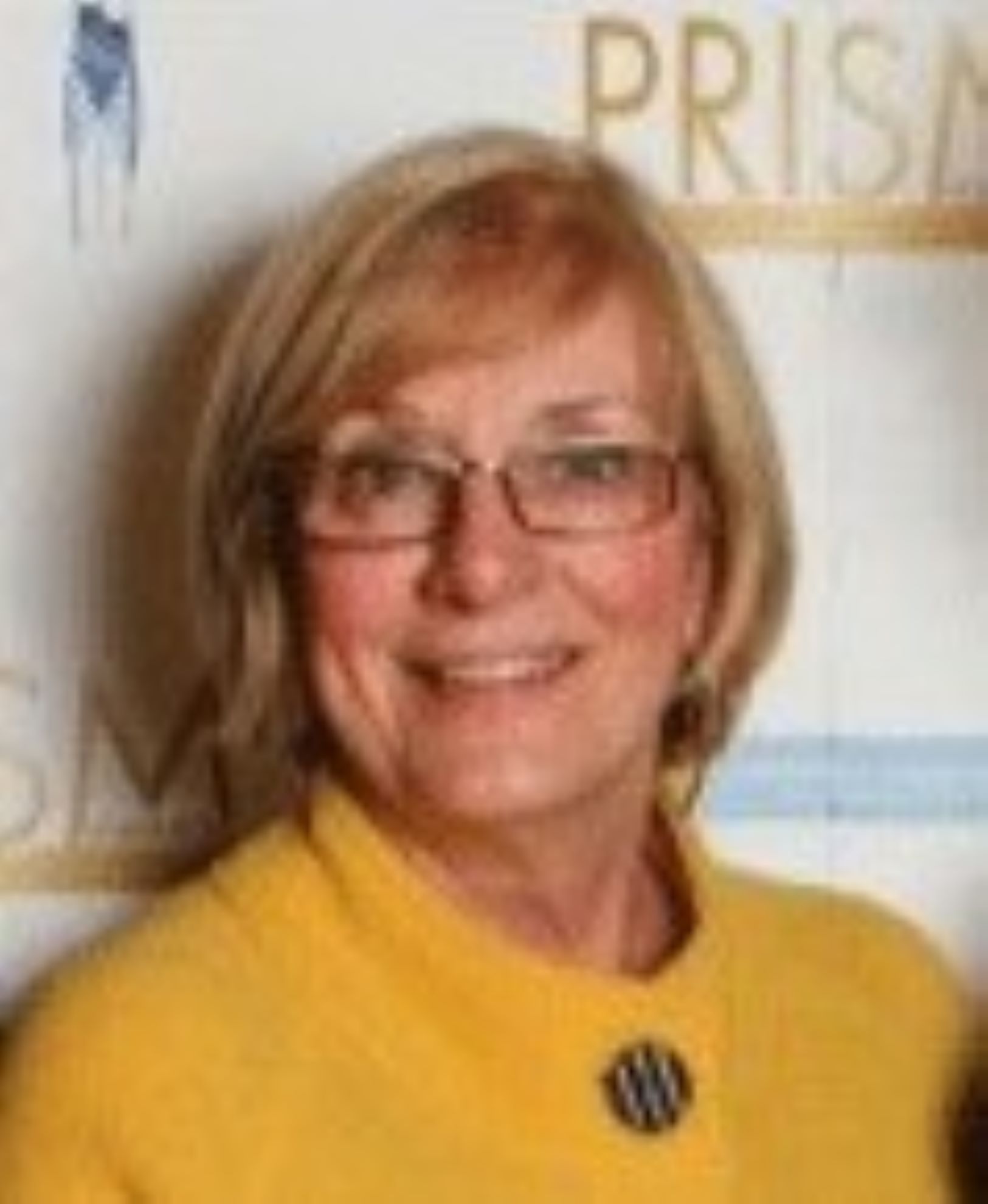
Marie Gallo Dyak
EXCOM Member
President and Chief Executive Officer, Entertainment Industries Council
I have been involved with the Action Alliance since its inception, due to a personal and professional interest in this issue. Considering the Entertainment Industries Council (EIC) mission, we acknowledge the value of media engagement, and therefore remain committed to the mission of the Action Alliance. I hope that we can promote hope and help-seeking by acknowledging the progress made to date and remaining inclusive moving forward. We must add more seats at the table for faith leaders and law enforcement, since they are often the first families turn to when in crisis.
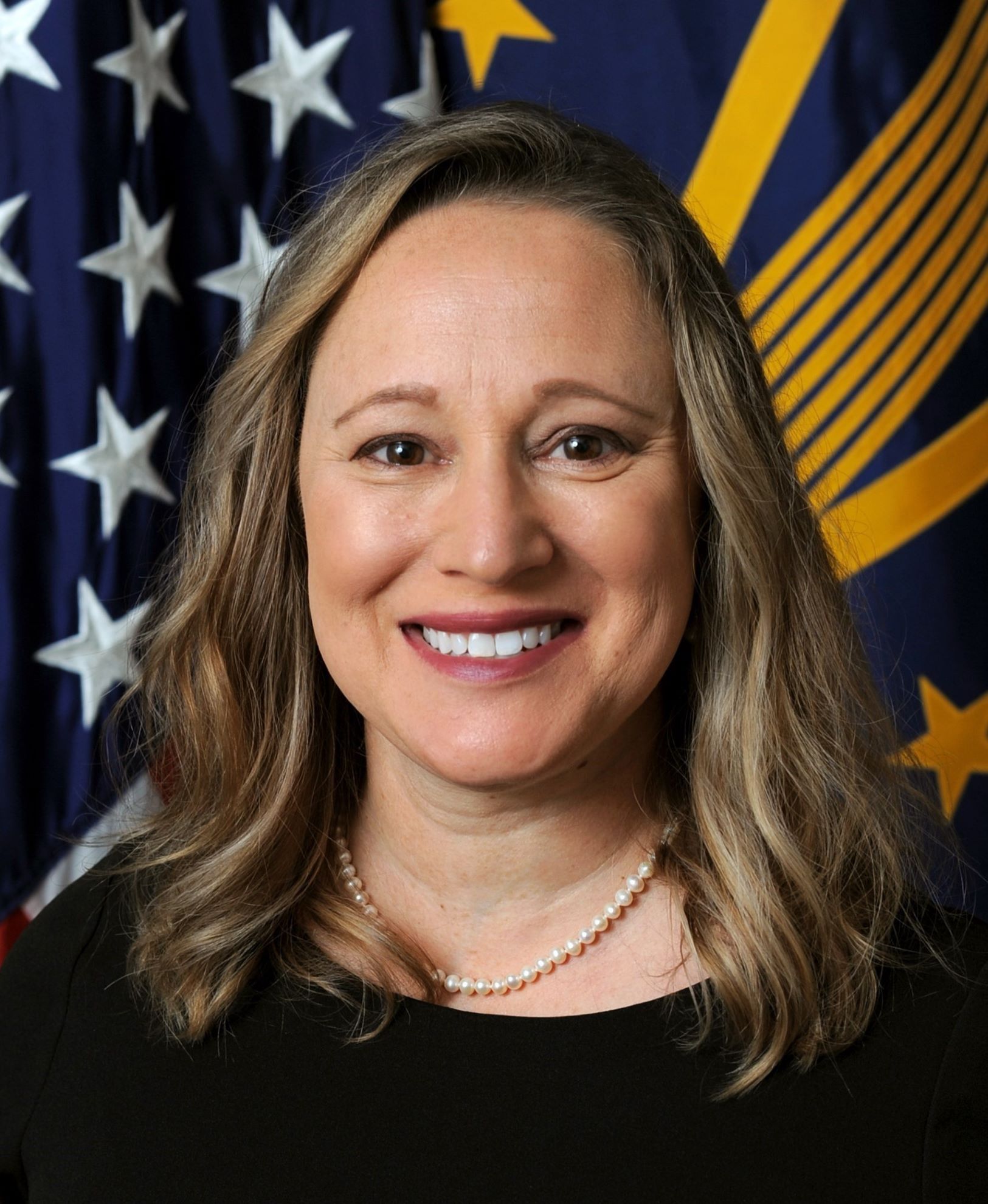
Liz Clark, PhD
EXCOM Member
Director, Defense Suicide Prevention Office
The Department of Defense strives to take care of service members and families by reducing harmful behaviors, including suicide. Defense Suicide Prevention Office (DSPO) is committed to the Department’s vision of a suicide-free military through policy, oversight, and engagement. DoD’s collaboration with Action Alliance advances the National Strategy for Suicide Prevention through holistic, data-driven prevention efforts. The Department approaches suicide prevention with an integrated primary prevention approach that focuses on reducing risk factors and amplifying protective factors. DSPO’s collaboration with the Action Alliance helps the Department effectively communicate that life is worth living. Strengthening our prevention efforts and collaborating with critical stakeholders such as Action Alliance further enables us to reach our service members, their families, and the greater military community to amplify well-being. To meet the Department of Defense’s goal of a suicide-free military community, DSPO is the hub for prevention resources that promotes hope and challenges stigma related to seeking support. DSPO leads the way in designing evidence informed suicide prevention policies, products, and program assessment tools that make sense of data, support prevention and postvention, and effectively communicate that life is worth living. DSPO comprehensively and compassionately collaborates with the military services and other non-federal organizations to promote an annual suicide prevention campaign. This campaign contributes to military readiness by creating safe environments, prioritizing wellbeing, and promoting help-seeking behavior for all members of the military community.
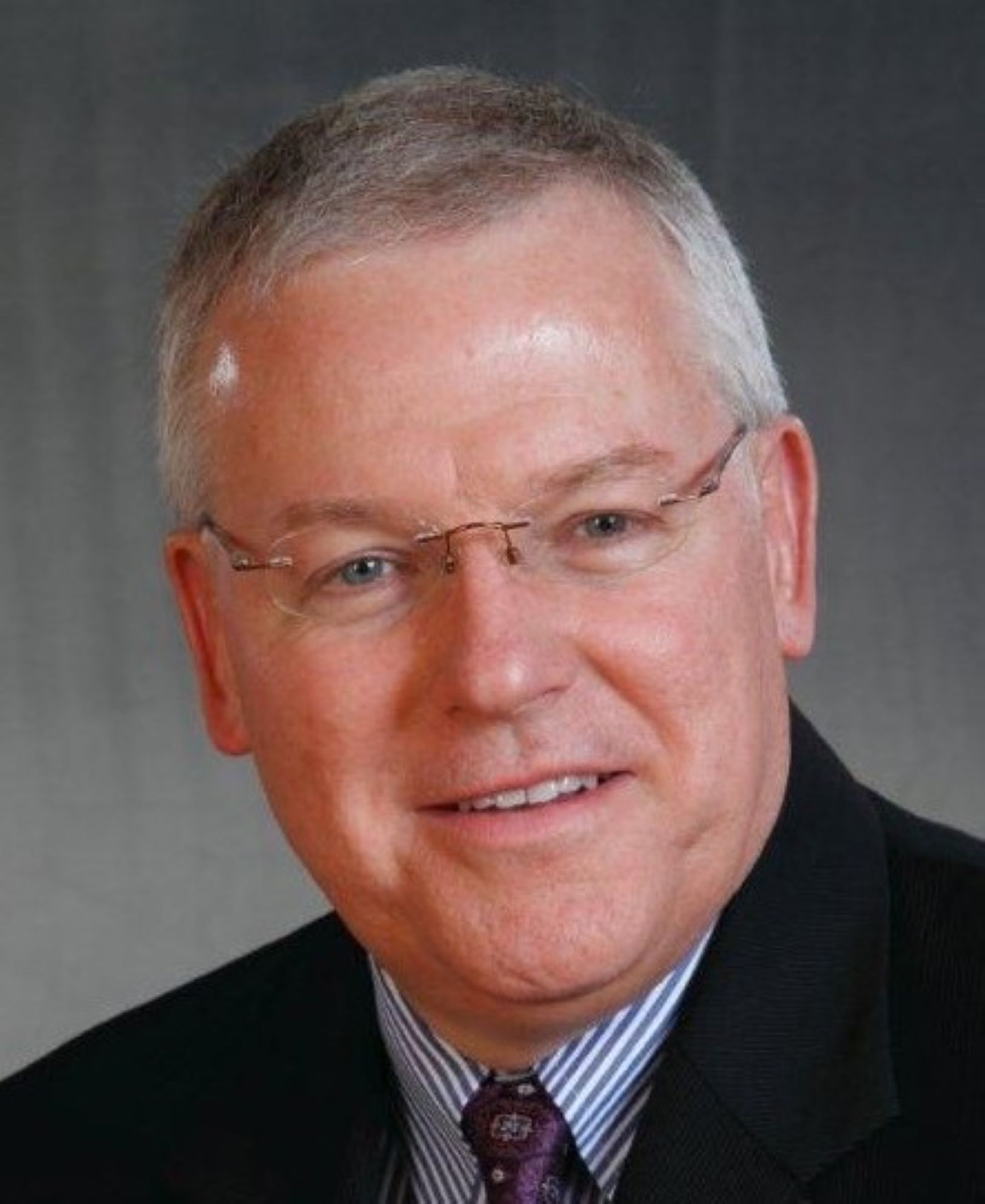
Cal Beyer, MPA
EXCOM Member
Sr. Director, SAFE Workplaces for SAFE Project
I continue to pursue prevention, harm reduction, and recovery strategies at the intersection of substance use and suicide as outlined in the 2024 National Strategy for Suicide Prevention.

Noopur Agarwal
EXCOM Member
Vice President, Social Impact, MTV Entertainment Studios at Paramount Global
I hope to see more stories because storytelling has the power to show us what help and hope look like.
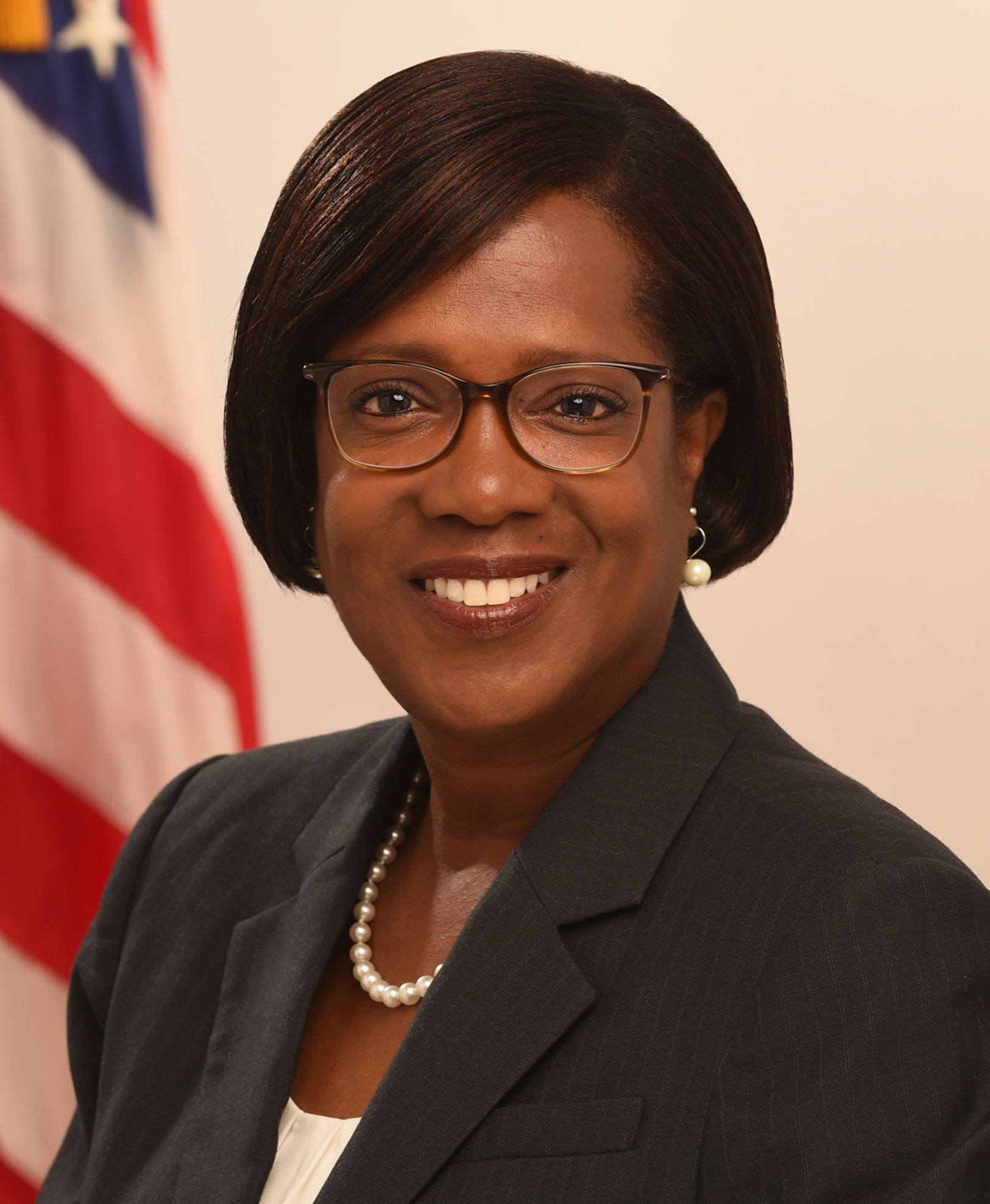
Miriam Delphin-Rittmon, PhD
EXCOM Member
Assistant Secretary for Mental Health and Substance Use, Substance Abuse and Mental Health Services Administration
SAMHSA is committed to the work of suicide prevention, and providing programs and initiatives that create services and supports for people of all ages. If you or someone you know needs help, please call, chat, or text the 988 Suicide & Crisis Lifeline. Together, let's work towards creating a brighter future for everyone.